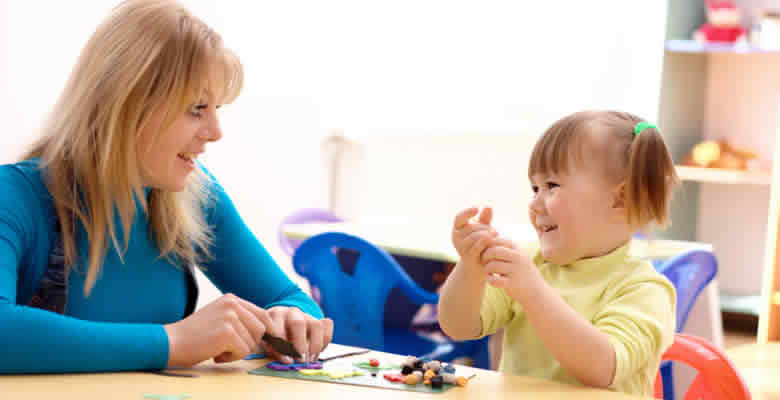Have you ever watched your child with a group of children joyful climbing at the playground? Each one is doing something fun and a bit challenging. You probably hear shouts of “Mom, look at me!” “Watch what I can do!” and “Did you see what I just did?” fill the air. Being ‘seen’ is so very important for your young child. That is why your mindful presence with them as they explore their physical abilities is more important than anything on your cell phone!
I have been increasingly concerned to see families in a park, playground, at the store where the parents are looking and talking to their phones more than their children. They are missing so much! Children need your consistent, kind presence as they learn about their own abilities and the world around them. It is important to celebrate their ability to climb to the top of the climber, to slide down the slide really fast, to swing higher and higher.
Young children often like to think of themselves as “big kids” who can do anything… they are actually still a delightful mix of big and little kid emotions. They’re at a stage of development where they want to have more independence and responsibility while at the same time know that the adults in their life are always there for them. This is a transition period into having an increased sense of confidence and accomplishment. However, like all human beings children this age still need to know that they are cared for and about. Maturing and being successful doesn’t mean that we don’t all need to feel supported. In fact, it’s when we get older that we (and children) often feel even more in need of recognition. Sometimes the early years can be called the “See me!” stage of development. Your children need to know that you not only accept and care for them, but that you are also paying attention!
“I Trust You”
Interestingly, showing trust and belief in children is one of the main ways young children feel accepted and cared for. Your willingness to allow children to make decisions and choicessays that you accept them as capable individuals. Allowing children to do things on their own demonstrates your conscious and compassionate belief in their individual and collective abilities. The more opportunities you provide children to show their skills, the more they will rise to the occasion. Also, the more they feel accepted in this way, the more accepting they are of each other. This is the beginning stage of empathy.
“I Like the Way…”
As you well know, young children are incredibly sensitive to criticism. A simple reminder or a playful tease can sometimes be devastating. Children thrive on praise. They will try things they never did before if you offer praise. But be sure to be specific with what you are praising. Young children are perceptive enough to know when someone is just saying something and when he really means it. Instead of telling a child that he is being “good,” tell him that you like the way he helps you put the toys away so carefully or how he shared a toy with a friend. Whenever you praise a specific behavior you help the child feel accepted for what he is doing.
“I See You…”
Before even considering what makes young children feel accepted and cared for, it’s important to note that there’s no “one size fits all” approach. Yes, there are some conscious and solid guidelines for supporting and appreciating children. But at the same time, it’s important to be sensitive to individual children’s coping styles. Take eye contact for example. In general, we believe that eye contact is a good way to put your full attention and appreciation on a child. Certainly we know that getting down on a child’s level to communicate is an effective way to get and keep their attention. However, some children feel that their “personal space” is invaded if you get too close or look directly at them. This can be due to individual coping or cultural styles. These children may get nervous and uncomfortable—a reverse effect of the desired behavior. Instead of feeling cared about and accepted, they feel put on the spot and anxious. Watch children carefully to see if they make eye contact with you before you try to use it as a tool. You can politely and enthusiastically “champion” a child without making him feel uncomfortable.
Take Some ‘Time In’ Together
It’s also essential to make personal time with young children. They need your personal attention. As they mature they are more independent than ever before, but that doesn’t mean they don’t also need ‘one-on-one time’ with you. In fact, they may need you more, or at least differently, than earlier in their life. This is a time of development when a child can actually discuss thoughts and feelings. Try to find times to make yourself available to them. You don’t even have to do anything. Often just being silent together can be just as powerful as a deep conversation. It’s your clear attention and appreciation without an agenda that says, “I care about you.”
And if people appear to not be listening… here is some wisdom from Winnie the Pooh:
“If the person you are talking to doesn’t appear to be listening, be patient. It may simply be that he has a small piece of fluff in his ear.” – Winnie the Pooh by A.A. Milne

